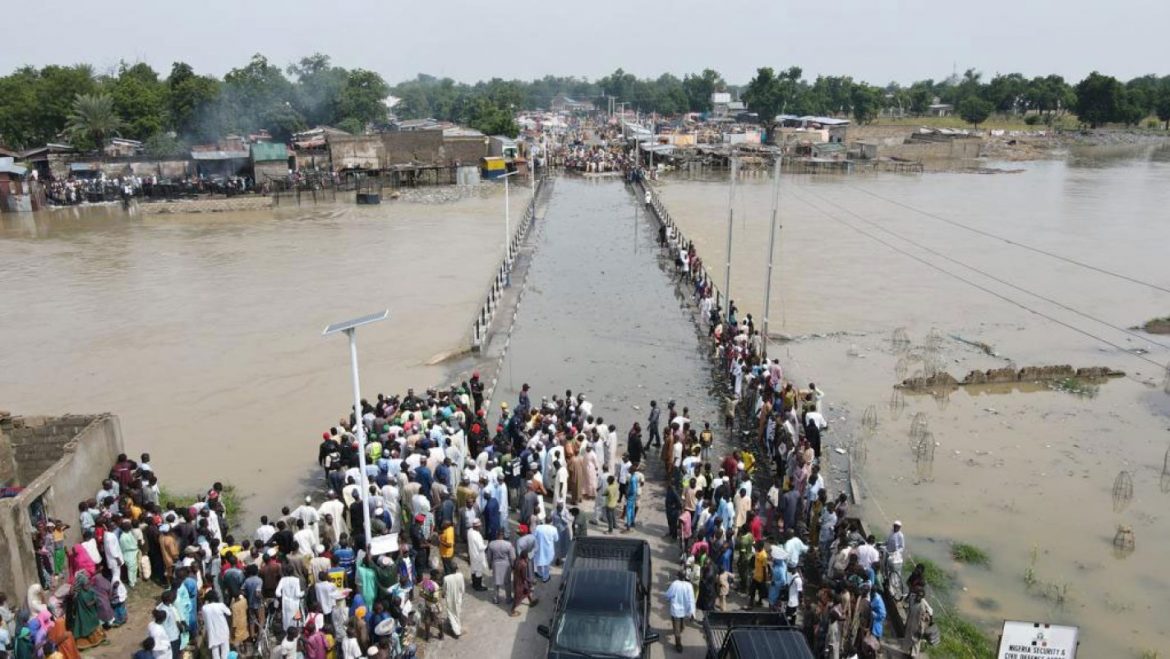The United Nations Office for the Coordination of Human Affairs (OCHA) has said that over 4.4 million people have so far been affected by floods since July 2022.
According to the OCHA Flash Update, published On December 14, 2022, flooding also displaced at least 2.4 million people, with many of them coming from Bayelsa State in the South-South region.
The report acknowledged the loss of cropland and bemoaned the possibility of severe food insecurity in the nation as a result. It showed that some 676,000 hectares of farmland have also been destroyed, a situation which is expected to increase food insecurity in the coming months.
Read also: California to adopt more aggressive strategy to reduce greenhouse gas emissions
The agency advised that Priority humanitarian needs remain shelter, access to clean water and sanitation, food, health care, and interventions to prevent or address disease outbreaks such as cholera.
Part of the report read, “as floodwaters recede people move back to their homes, partners are moving from an emergency response towards a recovery response. Many of the humanitarian needs remain the same, including shelter needs, interventions to prevent or address disease outbreaks such as cholera, providing access to food, clean water and sanitation, health care and other essentials”.
The report also showed that government and humanitarian partners are coordinating support for the restoration of basic services, including primary health care and water facilities, schools, and other critical infrastructure.
It added that agricultural support – including replacing seeds and tools and other productive assets – is urgently needed to respond to crop losses during the harvest season and to help farmers resume their livelihoods.
This story was adapted from Punch.
